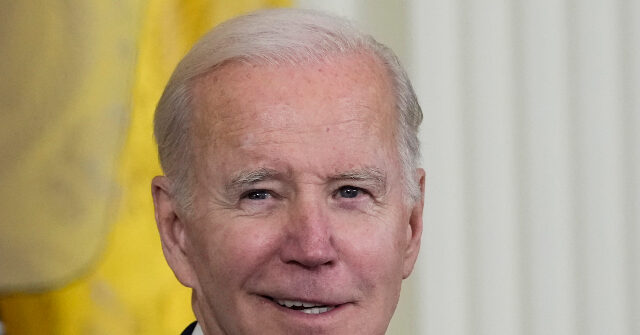In recent weeks, the Biden-Harris administration has sparked significant controversy by providing Iran with a substantial $10 billion in sanctions relief just days after Donald Trump was declared the winner of the 2024 presidential election. This decision is particularly contentious given Iran’s ongoing hostility towards Israel and its continued support for various terrorist organizations. According to a report by the Washington Free Beacon, Secretary of State Antony Blinken justified this action on November 8 by stating that it aligned with the national security interests of the United States. The administration’s decision to waive mandatory economic sanctions allowed Iraq to transfer considerable funds to Iran, primarily connected to electricity import payments.
Historically, the first Trump administration had allowed a similar sanctions waiver, though under tighter restrictions that limited Iran’s access to the cash. This earlier waiver necessitated that Iranian funds be held in an escrow account in Baghdad, which complicated Tehran’s ability to access these resources. In contrast, the Biden administration has made significant adjustments to this arrangement. By permitting Iran to convert the funds into euros and to hold these in bank accounts in Oman, the new policy effectively provides Tehran with much more flexibility to utilize the cash in international markets. Such changes raise concerns among critics who worry that the relaxation of restrictions could embolden Iran’s financial dealings, facilitating their access to funds that could finance further aggression in the region.
The Biden administration asserts that the funds are intended strictly for humanitarian purposes, such as acquiring medicines and essential supplies. However, Republican critics argue that this rationale overlooks the fungibility of money. They suggest that Iran, given its precarious financial state, will likely divert funds of other origins to support its regional proxies—Hamas, Hezbollah, and the Houthi rebels in Yemen—if it has access to these newly available sanctioned funds. The relief comes at a time when the UN has indicated that Iran has increased its support for the Houthi rebels in Yemen to unprecedented levels, causing alarm given that these rebels have already been involved in attacks on global shipping and have targeted Israeli civilian areas with missile strikes.
Moreover, critics highlight the timing of these sanctions waivers as particularly troubling, noting that it comes concurrently with an uptick in Iranian aggression, particularly through the actions of the Houthi rebels. The Biden administration’s earlier decision to de-list the Iranian-backed Houthi militia as a terrorist organization further complicates the situation and suggests a softening stance towards Iranian proxies. Such decisions can have cascading effects on the regional balance of power, and many are apprehensive about the implications for the United States’ role as a defender of its allies in the Middle East, particularly Israel.
Amid these developments, the political landscape in the United States remains polarized. On one end, the Biden administration argues that engagement and diplomacy are necessary strategies for managing relations with Iran, especially in the context of humanitarian needs. Conversely, opponents, especially within Republican circles, condemn this approach as one that not only undermines strategic partnerships in the Middle East but also inadvertently enriches Iran’s controversial activities, potentially leading to increased regional instability. The divergence in foreign policy approaches signals a broader debate regarding the United States’ role in global affairs and its commitments to combating terrorism.
In summary, the Biden-Harris administration’s decision to provide Iran with significant sanctions relief against the backdrop of escalating regional tensions has ignited intense debate and criticism. While the administration defends its actions as necessary for humanitarian reasons, critics contend that such policies enable Iran’s destabilizing actions across the region. Looking ahead, the implications of this policy shift, especially in light of the upcoming presidential election and the contrasting views of potential future administrations, will continue to shape the discourse around U.S. foreign policy, national security, and the broader geopolitical landscape in the Middle East.

